A penny for the thoughts of Linfield and Cliftonville this week.
This year’s Irish Cup Final was a spectacular in every sense. Nearly 15,000 packed inside Windsor Park for the biggest-attended domestic fixture in Northern Ireland this century and an occasion to savour that, for the most part, featured backing from both sides that supported in very much the right way.
The Reds made the most of it and still are after ending 45 years of hurt by lifting just their second Irish Cup since 1909.
The sheer ecstasy in the stands as two-goal striker Ronan Hale “walked it in” was some sight to behold, the stardust still having not settled on the Cliftonville Road, and the 3-1 win to sign off Jim Magilton’s debut season in Irish League management – a man who was quickly maligned by much of the Solitude faithful upon his arrival – with a flourish will be remembered for a lifetime by the north Belfast club’s fans.
You can easily contrast the jubilation of those willing on Ireland’s oldest football club with the dejection of supporters of Ireland’s most trophy-laden outfit, as David Healy’s Blues, having forced extra-time, weren’t to weave their path to winning after Ethan McGee’s first-half opener had been cancelled out by Sam Ashford’s leveller.
Football is tribalistic in its very nature. Where there are winners, there are losers, and these two stalwarts of the domestic game laden with history and heritage contributed one hell of a show that ended in a red sea of joy at their capital rivals’ expense.
But both sides have been left a bit blue this week – and united in their frustrations.
Last week, Cliftonville chairman Kieran Harding revealed the Reds had been fined £4,000 for crowd misdemeanours during the game, while Linfield are set to be hit with a one-match stadium ban for fan misconduct at the start of next season.
Both sides expressed grievances with the Irish Football Association over this and, on deeper investigation, you could see the points they were making.
The punishments arrived on the back of such offences as the release of pyrotechnics and fireworks in the stands, reports of sectarian chanting and missiles being hurled onto the pitch – and let’s make it clear, those are assuredly against the rules and, in such cases as sectarian or prejudicial remarks, not acceptable in football nor society.
That is also obliged to be reported on; as momentous an occasion as it was, and as much as both sets of fans contributed, you can’t ignore it if you want to move on from it and improve.
That this happened – although the subject rearing its head despite concerted efforts from both clubs to keep such actions to a minimum must have proved head-scratching – isn’t entirely the subject of why Linfield and Cliftonville have voiced concerns this week, though.
Where the Blues and Reds’ annoyances primarily lie is that the Irish FA were in charge of the ticketing process and security – and with that, both raised the question of what more they could actually do and why they bore the brunt of the punishment in the aftermath for things that were much more the Association’s responsibility than the clubs.
In Linfield’s case, they’ve already done quite a lot. On the back of a stadium ban handed out on the back of disorder during a 3-0 defeat to Coleraine at The Showgrounds in February, a hard line was taken.
The Blues banned ultras group ‘Blue Unity’ having earlier in the season identified and banned a fan who dished out alleged racist abuse towards Loughgall’s Pablo Andrade, while behaviour in the stands also saw the club subject to fines totalling £4,000 in that clash with the Villagers and matches against Larne inside Inver Park last September and Cliftonville at Solitude in October.
Linfield chiefs have repeatedly stressed to fans to behave themselves and even launched an online video ramming that message home before Christmas.
‘Stay Blue Or Stay Away’ is the line they’ve used; they’ve taken the issue seriously and they’ve not been afraid to take severe action when it’s needed – including lifetime bans.
But it’s ridiculous to suggest they, or any other club for that matter, can legislate for how every individual matchgoer conducts themselves on any given day.
Where they’ve identified a problem, they’ve acted with authority, yet it still hasn’t been enough to stave off IFA punishment here.
“Various representatives from the club have engaged with this group (‘Blue Unity’) since its formation and sought to guide them in terms of acceptable behaviours which can benefit the team and the club,” a Linfield FC statement in the wake of the three-match stadium ban dished out to them following the Coleraine clash.
“No one can say, however, that repeat criminality, the use of illegal pyrotechnics, and foul discriminatory chants and songs are in any way positive or encouraging.
“Those who seem to be advising this group and writing their statements for them might do well to bear that in mind. This is neither supporting the team nor “the regime”.
“Blue Unity are not welcome at Windsor Park or at any away games. They do not represent Linfield Football Club and our proud traditions of sportsmanship and fair play. We will no longer attempt to engage with them on any basis.
“We have worked with the Police Service of Northern Ireland and spent in the region of £100,000 each season on private security costs. That has not worked. We have constructed social media campaigns, video messaging and asked restorative justice practitioners to intervene. That has not worked.
“We will continue to work closely with the PSNI to identify those involved in this reprehensible behaviour and hopefully prosecutions and lifetime football bans will follow.”
The more that message sinks in, the more you genuinely can question what more Linfield can do.
Cliftonville chairman Harding told the Belfast Telegraph on Monday that he’d asked much the same question.
“We asked the Irish FA what more could Cliftonville Football Club do?” he said. “No one could answer us.”
Harding, appointed the full-time successor to Paul McKeown in the role at Solitude, added: “We had a hearing with the Irish FA and put forward our case.
“We were disappointed with the outcome given we had no control over anything on the day of the game. And yet, we got fined – £4,000 – and that was it.”
No smoke without fire.
Let alone making the point of just how accountable the Irish FA is willing to make itself for what went right or wrong on the day – after all, the Irish Cup is their competition and the Association naturally were in charge of organising the event – it also raises the topic of whether merely fining clubs or handing out bans has actually led to meaningful change.
It’s not a deterrent if it keeps happening and it’s hitting sides in the pocket for actions that are not always in their control.
Yes, there is an obligation to act when these offences occur.
As said before, it’s a societal scourge that sectarian and racist abuse continues to be spewed and, while a spectacular sight, there are health and wellbeing risks associated with pyrotechnics and fireworks that are often covertly smuggled into grounds, including by children who cannot be searched.
But why not offer education on why this contravenes what’s good for domestic clubs and the game as a whole? Why not try to tackle what’s at the root of the problem rather than chop off a branch that will inevitably regrow?
However it is done, simply reading from the same script with regards to punishment and not changing tack when something broken isn’t being fixed is not a sustainable strategy to tackle crowd disorder.
Linfield and Cliftonville have made their feelings known and are proving that they are trying to act decisively. Other clubs have and will make the same case in future.
A tweak in approach from the Irish FA with regards to their own plan to deal with this hot topic may thus be overdue.
Featured image from Irish FA website.
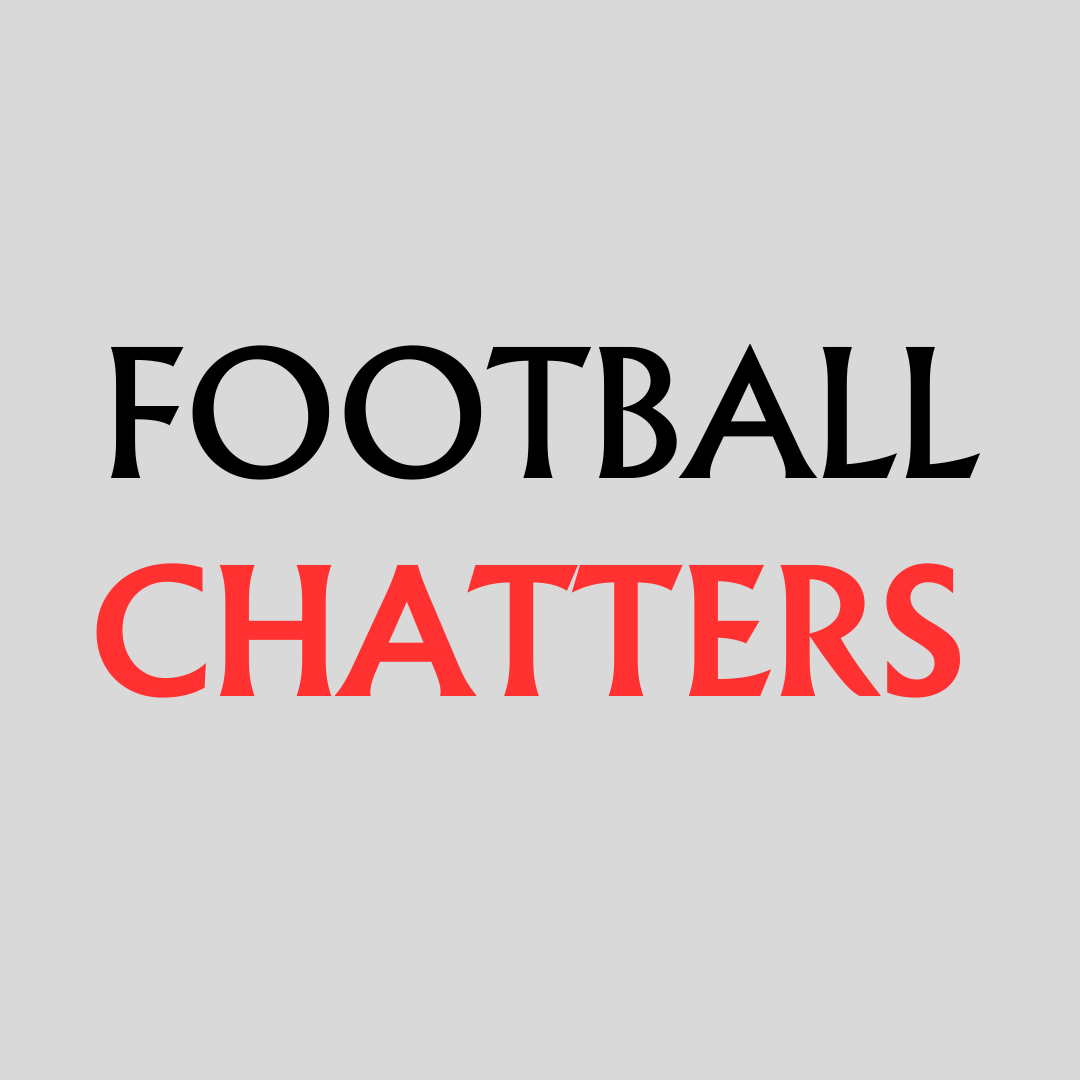
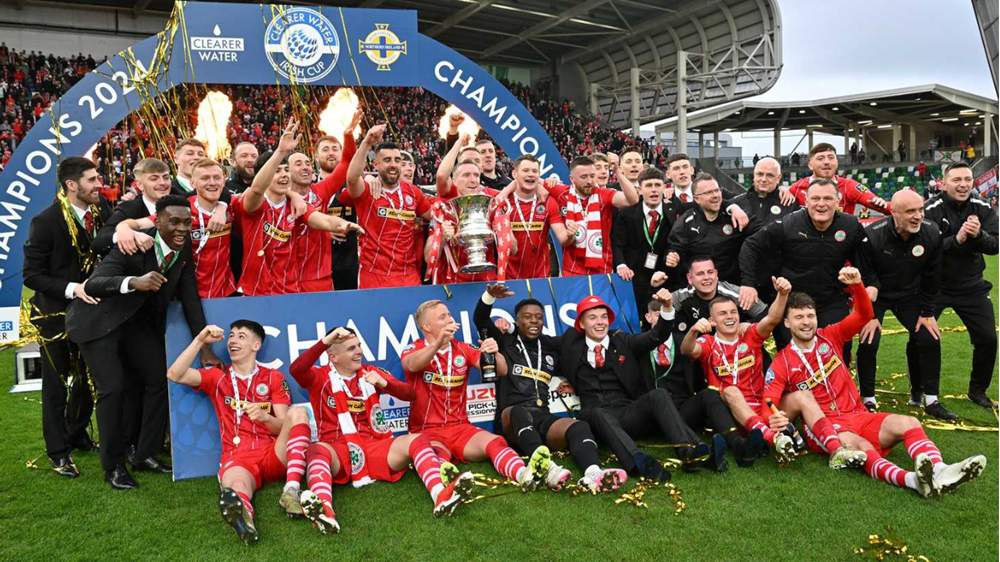





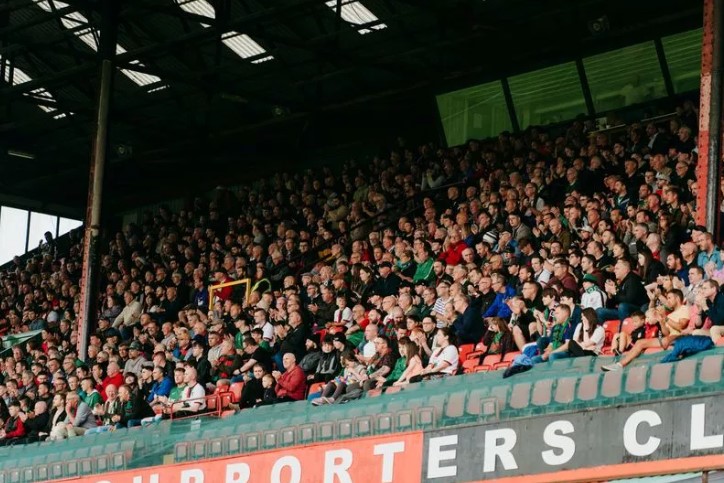
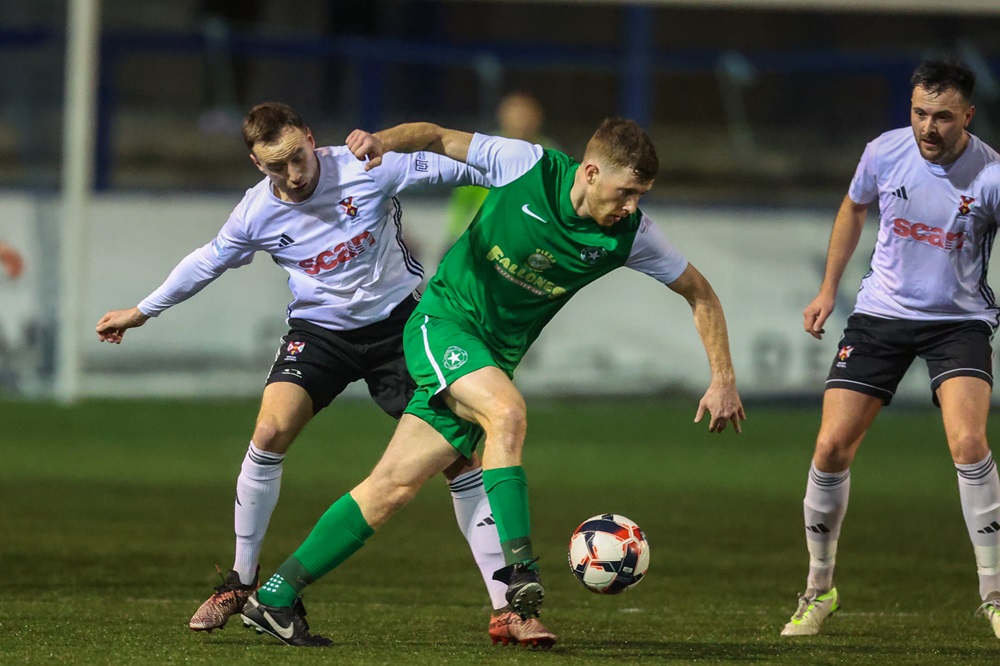
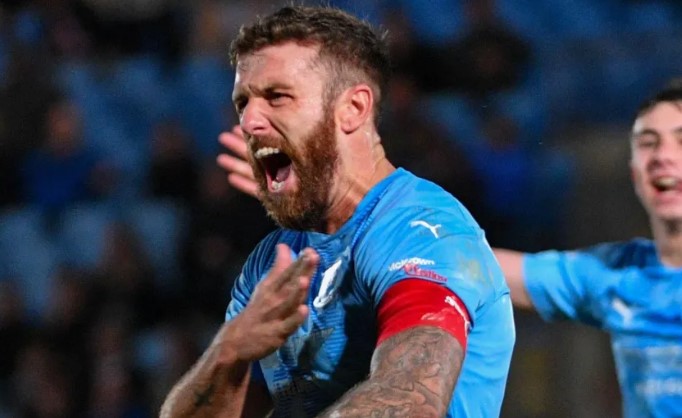
Leave a comment